From resilience to authenticity: Lockdown learnings from CEOs—Part 1
Industry leaders from across sectors talk about what their learnings— professional and personal—have been through the Covid-19 pandemic


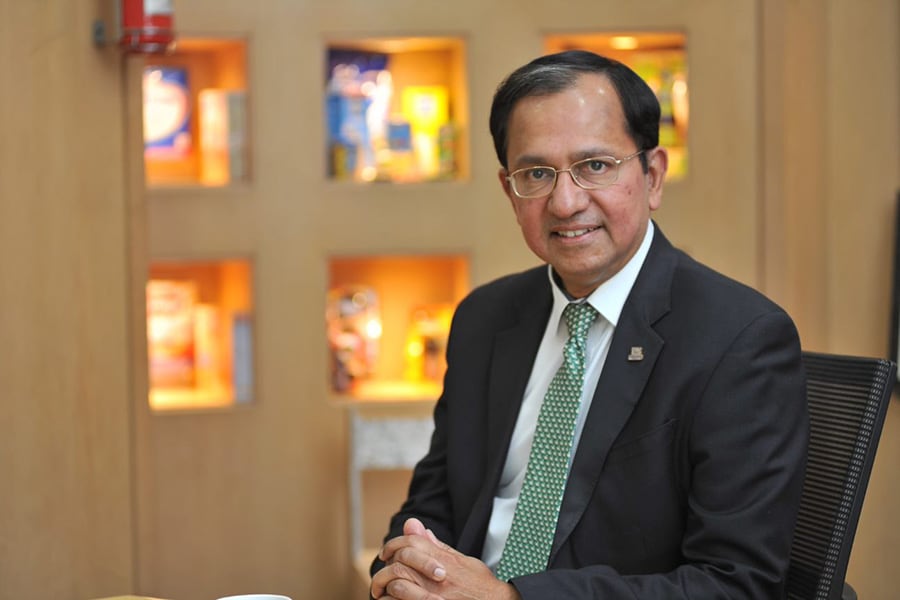 Suresh Narayanan, chairman and managing director, Nestlé India
Suresh Narayanan, chairman and managing director, Nestlé India
There is nothing like a full-blown crisis to bring out the best in people. As the Covid-19 pandemic swept across industry sectors, upending established processes and putting lives and livelihoods at risk, business leaders learnt to quickly adapt to evolving realities and recalibrate priorities. It was not just business processes that had to be re-engineered, but even personal lives, as people found themselves juggling office and house work while remaining confined within their homes. Leaders from across various sectors shared with Forbes India their experiences, learnings and self-discoveries, and how they turned a crisis into opportunities for themselves and their teams.
‘Resilience, Authenticity and Compassion Are Values That’ll Define Our Future’
Suresh Narayanan, chairman and managing director, Nestlé India
While the pandemic has made us realise we are living in unprecedented times, it has also accelerated changes that were under way, and triggered an essential re-think of how organisations work. It is time now for the three Ps—people, purpose and partnerships—to come before profit. To deliver optimum results, there should be a focus on trust, empathy and compassion, as much as on driving growth.
Every crisis leads a company back to its values and purpose. ‘Purpose’ is not an add-on or an occasional adoption of the cause du jour to make headlines and win awards. It speaks of a higher cause of trust and responsibility, and a higher calling, where the company is guided by the values that determine its relationship with its employees, partners, stakeholders, customers and consumers. A defining moment for me has been witnessing ordinary people do extraordinary acts, seeing our employees and partners going out of their way to serve people in times of crisis.
The three attributes that will shape successful organisations and societies in future are resilience, authenticity and compassion. Consumers are looking for companies they can trust, are torchbearers of ethical conduct and have social impact.
‘Contrarians Sweep the Market When They Are Right’
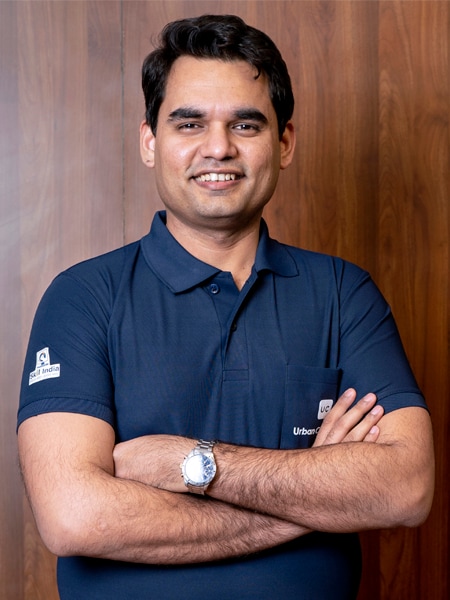
Abhiraj Bhal, co-founder, Urban Company
During these past few months, I have had three key learnings as an individual. The first is that crisis management requires you to be both short-term and long-term in your thinking. When the lockdown was imposed in March, we had to focus on short-term prudence, control costs, and revamp our processes to prepare for a post-lockdown world. Yet, it was also important to recognise that this was a humanitarian crisis, and we shouldn’t forget the humans. Urban Company took the decision to protect jobs, not cut salaries, institutionalised various monetary and health care measures for our service partners, and took each decision with not only the short- but also the long-term picture in mind.
The second learning was to be contrarian. Contrarians sweep the market when they are right. Consequently, even as businesses were shutting down or laying off in our sector, we hired over 300 full-time employees, and on-boarded 10,000 service professionals. We were also aggressive with our marketing and communication. This helped us bounce back to 140 percent of our pre-Covid peak in a relatively short period of time.
The last learning was around time management. Prior to Covid-19, my calendar was always blocked throughout the week, but somehow work from home allowed me to be more disciplined, regimented and focussed on how and where I spend my time.
‘The Biggest Lesson Was To Maintain Balance Between Lives and Livelihoods’
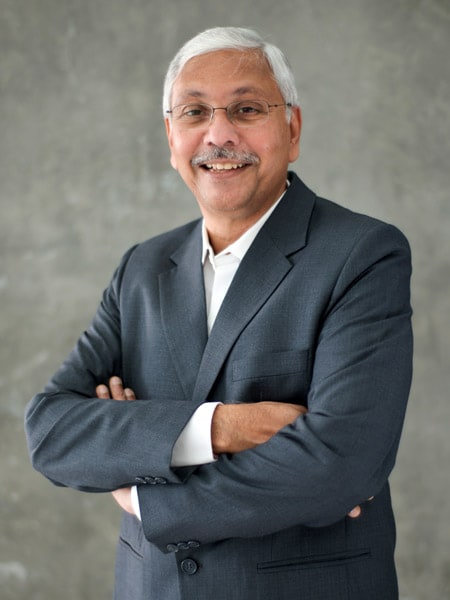 Anil Mathur, COO, Godrej Interio
Anil Mathur, COO, Godrej Interio
The Covid-19 pandemic and lockdowns triggered a slew of changes in consumer behaviour. The industry has been on a path of transformation, with brands redefining their purpose, exploring new materials, products, and services, and adjusting to the new ‘phygital’ consumer journey.
At Godrej Interio, we blended our digital and retail stores to deliver an omni-channel experience to customers. We increased our online channels and delivery points from 2,000 to 5,000 pin codes. To help customers make informed choices, we started virtual tours of the stores customers could also experience the product at the store through prior appointment, and by following all social distancing norms.
The biggest lesson we all learnt, however, was to maintain the balance between lives and livelihoods. As a country, we were not prepared to leapfrog into a work-from-home or remote-working culture. Drawing strict boundaries that promote work-life balance is a necessity, and it requires a concerted effort from industry leaders. We focussed on educating and empowering working professionals to create a healthy home-office setup using webinars with ergonomists, and releasing white papers and posture guides for consumers. At Godrej Interio, we not only implemented policies that prohibited meeting pre- or post-working hours but also urged managers to hold at least one meeting every week to discuss the well-being of colleagues.
‘We’ve Taken To Digital Initiatives To Be Ready For the Future’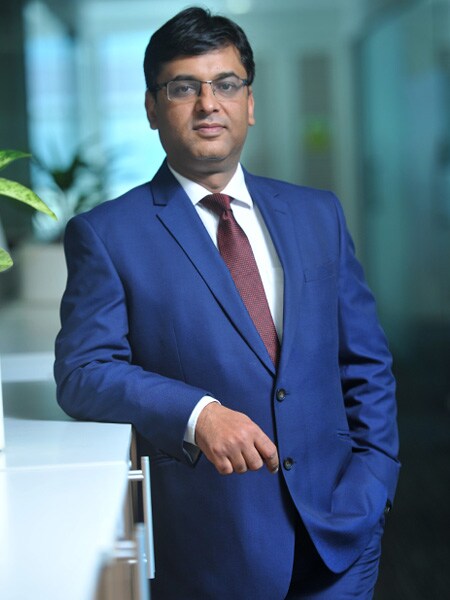
Ashish Gupta, brand head, Volkswagen Passenger Cars India
The Covid-19 pandemic has brought out many learnings for us, one of the biggest being the art of handling unpredictable situations, quick adaptation to new scenarios, finding the right solutions and being responsible citizens within our community. Further, it led us to apply a work-life balance and ensure time management, as bifurcation of personal and professional time was a challenge in the early days.
Similarly, on the business front, we were coerced to reflect on our business priorities and bring in a fresh perspective that is relevant today, and prepares us for tomorrow. One of the key supporters through this pandemic has been technology, and at Volkswagen, we’ve taken this opportunity to accelerate our digital initiatives and be ready for the future.
‘Focus On What You Can Control’
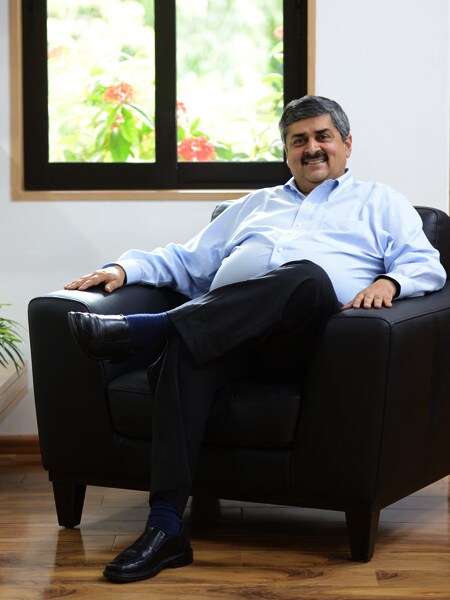
Bharat Puri, managing director, Pidilite Industries Ltd
It is in crises like this that one’s true character is tested, whether as an organisation or an individual. I use two principles when navigating such situations—focus on what you can control, and make sure that your people are together and aligned. When Covid-19 happened, we formed two leadership teams—an ‘Act Now’ team that focussed on ensuring safety, security and day-to-day operations, and a ‘Plan Now’ team that strategised on how we can emerge stronger after this crisis.
During the lockdown, we realised it was critical to have our ears close to the ground, listen intently to our customers and employees, and
adapt our policies and ways of working quickly to support them.
So, we moved our planning cycle to a weekly rhythm and started focusing on segments—geographies where there was positive momentum. The key in all this is to respond with agility and keep learning.
On the personal front, this crisis has heightened the gratitude for simple things in life, like health and the memorable moments with loved ones. I have also learnt some new skills, especially in the kitchen.
‘It Was A Time For Discovery, About Myself and My Family’

Bhumi Pednekar, actor
The lockdown in itself was a unique experience—I don’t think any of us has previously been restricted to our homes, when we haven’t met other family members, and the only way to communicate with people is through phones or the internet. It was also about living under a constant threat, and with paranoia.
There was a lot of self-discovery, and also discoveries about my mother and younger sister, because we have never been home together for so long after we left school. My sister is a lawyer, and my idea of what she does was shaped by what we see in films. But now I learnt a lot about her, and the adult she has grown up to be. I learnt about my mother’s ideology, her fears and what makes her happy.
There was a lot of self-discovery, and how I want to go forward in my life. I had made work the centre of
my life, and felt guilty if I wasn’t working. And that was unhealthy. Now I seem to have found a balance, which is extremely important. I had the notion that I don’t like being alone, but now realised that I actually love solitude.
‘Time To Hit Refresh On Traditional Workplace Practices’
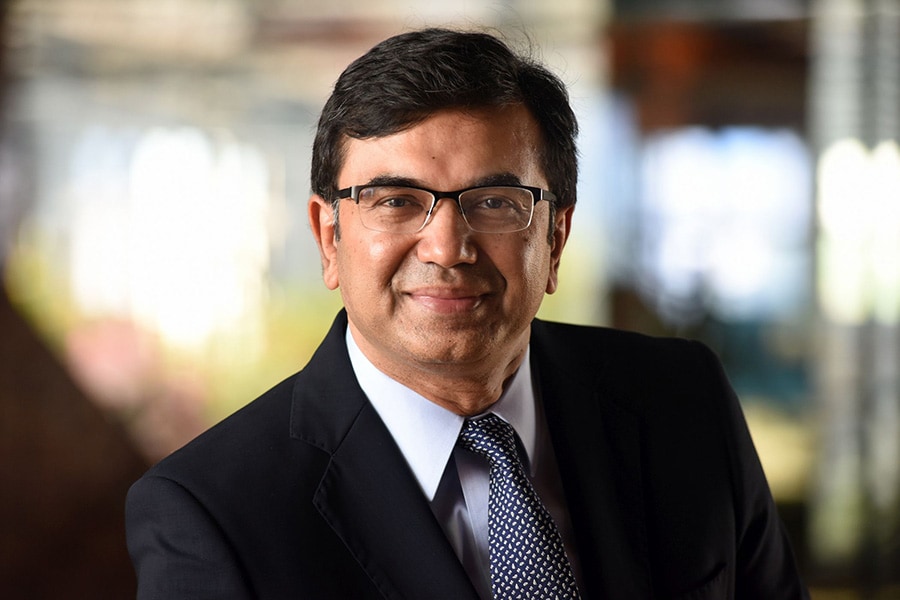 Rajesh Jejurikar, executive director, auto and farm sectors, Mahindra & Mahindra Ltd
Rajesh Jejurikar, executive director, auto and farm sectors, Mahindra & Mahindra Ltd
As individuals and as leaders we are constantly evolving and adapting. Yet, once in a century, you get a black swan event that turns out to be a major inflection point. Covid-19 has been one such event. Personally, it has helped me reflect, learn and recalibrate things that I value the most. My key learning has been the need to prioritise empathy and communication.
The crisis gave us the opportunity to ‘hit refresh’ on traditional workplace practices. At Mahindra, we explored every part of the value chain to simplify it and make it more efficient. Today, we have a new normal for conducting meetings, travel, business transactions, costs and inventories. We have adapted to digitisation, with less need for supervision, created supply-chain resilience, and lower requirement for area offices. Our auto division reimagined the whole customer purchase experience with an end-to-end digital solution, from exploration to exchange, financing and purchase.
Finally, one of the key learnings has been the importance of self-discipline. With online meetings, we all have been ‘on’ pretty much 24x7. While the productivity of meetings has gone up, so has exhaustion. It is important to be kind to yourself. And yes, not forget to have some fun—catch up with friends online, watch shows on Netflix, and learn to manage stress.
First Published: Dec 25, 2020, 08:45
Subscribe Now